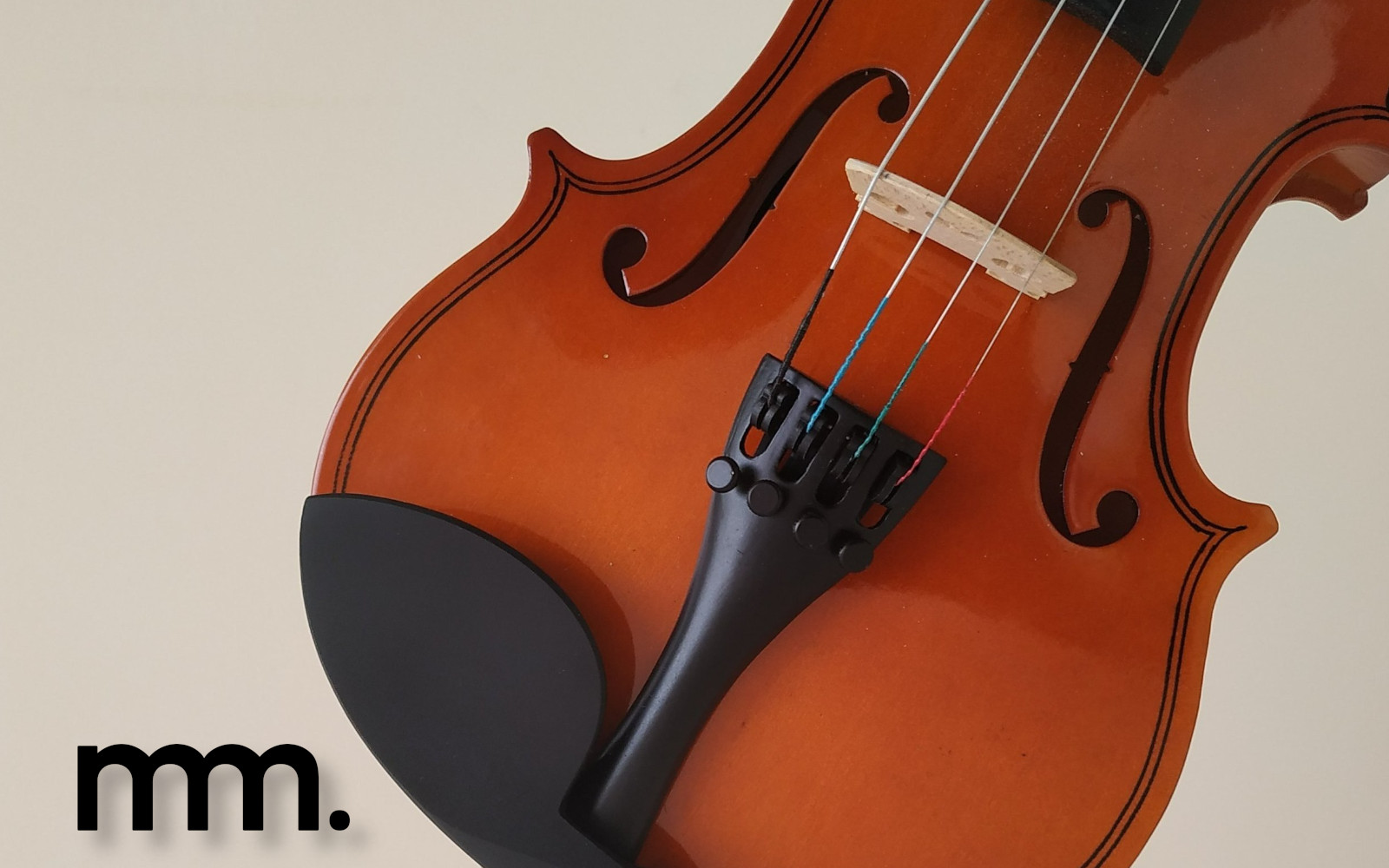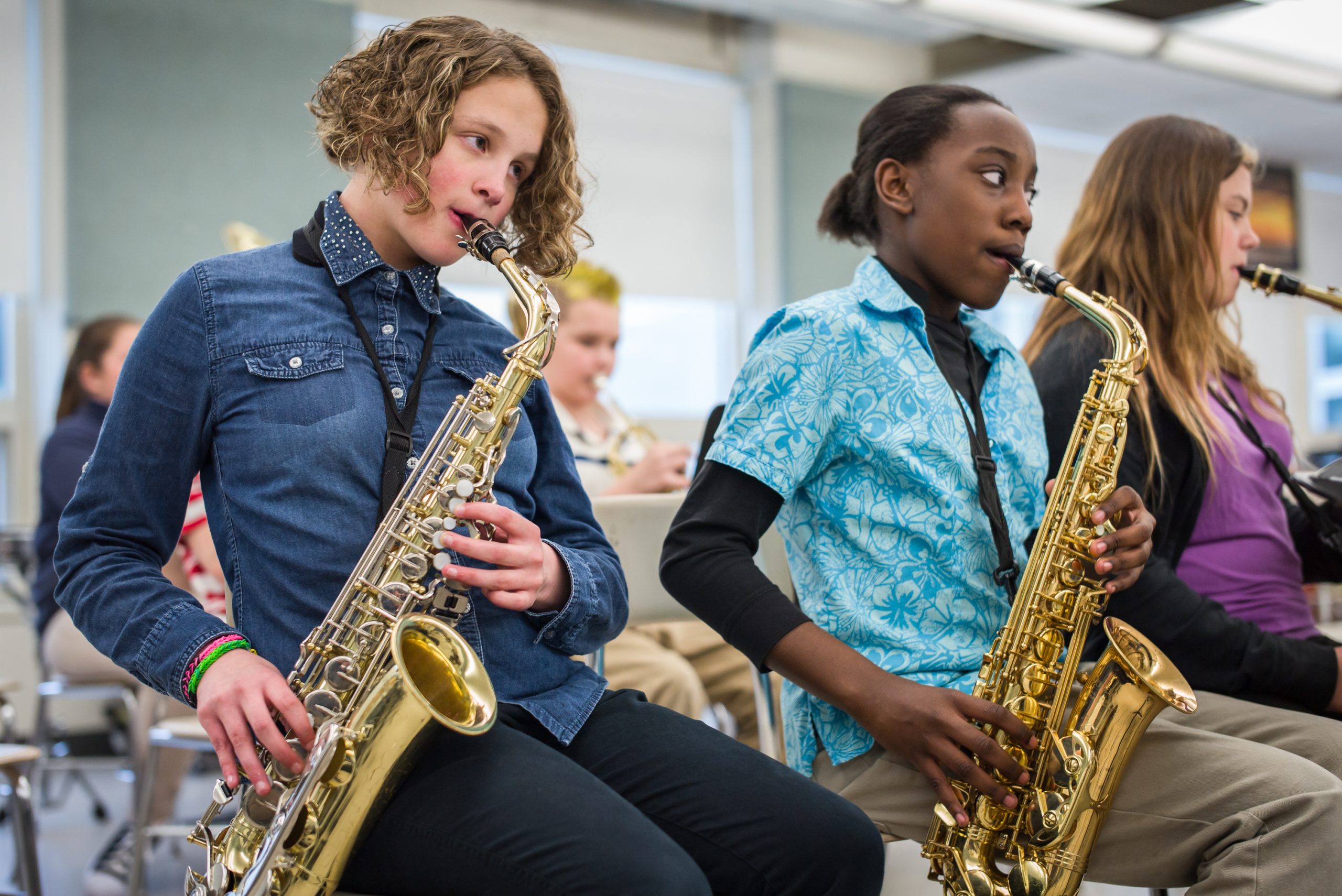Innovative Approaches to Learning a Musical Instrument for All Ages

Explore Innovative Techniques in Musical Learning
As technology continues to advance, so do the avenues through which we can learn and appreciate music. The traditional methods of music education, while still valuable, are increasingly supplemented by innovative strategies that enhance engagement and improve accessibility for learners of all ages. These new approaches are not only transforming how individuals connect with instruments but also reinvigorating their passion for music.
Virtual Reality and Augmented Learning
One of the most exciting developments in musical education is the rise of virtual reality (VR) classrooms. Platforms like Oculus and immersive apps allow users to step into a 3D environment where they can learn to play instruments alongside interactive instructors. This technology enables learners to visualize complex concepts, making it easier to grasp the nuances of rhythm, pitch, and composition. For instance, a student can literally see how sound waves travel and interact as they learn about music theory in a captivating way.
Gamified Learning Experiences
Gamification has also made a significant impact on how music is taught. Applications such as Yousician and Simply Piano transform practice sessions into enjoyable games, offering instant feedback and rewards for progress. Users can select from a variety of songs and challenges, making practice less of a chore and more of a fun adventure. Data from research shows that these engaging tools lead to higher retention rates and better skill development, confirming that learning through play can be highly effective.
Online Courses for Flexible Learning
In an era where flexibility is key, online courses provide a convenient path for learners. Websites like Coursera and Udemy offer a plethora of music courses ranging from beginner to advanced levels, allowing individuals to learn at their own pace from the comfort of their homes. This accessibility breaks down traditional barriers, particularly for those who may not have the time or resources to attend regular classes. Learners can tailor their study schedules around their personal commitments while gaining valuable insights into music history, composition, and instrument mastery.
Community Engagement through Workshops
Another critical aspect of modern music education is the rise of community workshops. These events not only promote personal growth but also foster a sense of camaraderie among aspiring musicians. Participants share tips, play together, and provide feedback in a supportive environment. This collaborative spirit can be found in local music stores, community centers, and even online meetups, bringing together diverse individuals with a shared passion for music.
Importantly, the benefits of engaging with music are well-documented. Studies indicate that learning an instrument can enhance cognitive skills, boost memory, and promote emotional well-being. As such, whether you are picking up a guitar for the first time or dusting off an old flute, the contemporary landscape of music education offers unprecedented opportunities for development and joy.
So why not take the leap? Embrace these ingenious techniques in musical education and discover just how accessible and rewarding the world of music can be. The journey to musical mastery is filled with excitement and promise, ripe for exploration and growth.
DISCOVER MORE: Click here to dive into the world of creative therapy
Revolutionizing Music Education: From Traditional to Transformative
As we delve deeper into the exciting world of contemporary music education, it becomes clear that the integration of technology and new pedagogical methods is reshaping how individuals of all ages approach learning a musical instrument. Beyond the traditional one-on-one lessons and sheet music, innovative strategies now allow learners to immerse themselves in an interactive and personalized musical journey. Here are several noteworthy advancements that are paving the way for a more engaging and rewarding musical experience:
Blended Learning Models
The concept of blended learning is gaining traction in music education. This approach combines traditional face-to-face instruction with online modules, offering flexibility and a variety of resources. With this model, music students can attend in-person lessons while supplementing their learning through videos, online quizzes, and digital resources. This hybrid structure caters to different learning styles and allows students to revisit lessons at their convenience, promoting a deeper understanding of their instrument.
Adaptive Learning Technologies
Another groundbreaking innovation is the development of adaptive learning technologies. These systems leverage artificial intelligence to tailor lessons to the individual needs of the learner. Apps like Flowkey adapt to the user’s skill level, tracking progress and providing customized lessons based on performance. This personalization not only fuels motivation but also ensures that each student receives the support they require to excel.
Utilizing Social Media for Collaboration
Social media platforms have emerged as invaluable tools for aspiring musicians of all ages. Sites like Instagram and TikTok encourage users to showcase their musical progress, share tips, and even collaborate with others around the globe. These platforms create a sense of community and belonging among learners, making it easier to stay motivated and inspired. Additionally, many music educators are using social media to host live tutorials and Q&A sessions, democratizing access to music education.
Interactive Music Software
Interactive music software represents a groundbreaking leap in music learning. Programs such as GarageBand and Soundtrap allow users to compose, record, and mix their own music. Unlike traditional methods, which may focus solely on performance, these programs provide learners with a holistic understanding of music production. This creative outlet not only enhances instrumental skills but also encourages experimentation and self-expression.
Benefits of Innovative Learning Approaches
The implications of these innovative approaches are profound. By embracing technology and adopting new strategies, music education becomes more accessible, allowing individuals who may have previously encountered barriers to find their voice. Some key benefits include:
- Increased engagement: Interactive methods make learning fun and exciting.
- Cognitive development: Learning instruments fosters critical thinking and problem-solving skills.
- Emotional well-being: Playing music can provide a creative outlet for expression and stress relief.
As we continue to explore these innovative approaches to learning a musical instrument, it’s evident that the landscape of music education is rapidly evolving. Whether you’re a seasoned musician or just starting, these new methods offer an unparalleled opportunity to deepen your musical knowledge and skills. The journey to mastery has never been more engaging or rewarding.
| Category | Description |
|---|---|
| Technology Integration | Utilizing apps and online resources enhances accessibility for learners of all ages. |
| Personalized Learning | Customized learning paths cater to individual preferences and progress. |
| Collaborative Learning | Group lessons and workshops encourage social interaction and communal growth. |
| Gamification | Incorporating game-like elements boosts motivation and engagement in practice. |
| Versatility of Instruments | Exploring different instruments promotes broad musical understanding and appreciation. |
The innovative approaches to learning a musical instrument today have reshaped educational paradigms, benefiting aspiring musicians across ages. By integrating technology, personalized learning experiences can be cultivated, ensuring that each learner’s unique path is recognized. Furthermore, collaborative learning frameworks pave the way for social connections, allowing peers to uplift and motivate one another while developing their musical skills.Incorporating gamification strategies enhances engagement, making practice feel more like play, which is particularly appealing to younger learners. Lastly, exposure to various instruments not only diversifies skills but also fosters a richer understanding of music as an artistic expression. These methodologies not only excite students but also create a more inclusive atmosphere for musical discovery, proving that it’s never too late, or too early, to pick up an instrument.
DIVE DEEPER: Click here to discover the art of landscape photography
Embracing Diversity Through Music Education
As music education evolves, it is crucial to recognize the value of diversity in learning approaches. Innovative methods are not only reshaping the curriculum but also embracing participants from various backgrounds, ages, and skill levels. This broadening perspective is vital for creating inclusive environments where all can thrive. Let’s examine several innovative practices that celebrate diversity in music learning:
Community-Based Learning Programs
Community-based learning initiatives are blossoming across the United States, empowering individuals from different neighborhoods and cultures to engage with music. Programs like those offered by El Sistema emphasize teaching underserved communities through the ensemble experience, nurturing both musical talent and social skills. These programs encourage collaboration, inclusivity, and respect, allowing participants to build lasting relationships while developing their musical abilities.
Culturally Relevant Pedagogy
Integrating culturally relevant pedagogy into music lessons is another noteworthy trend. Music educators are increasingly drawing from various cultural traditions to create a more relatable and enriching learning experience. For instance, incorporating elements of Hip-Hop, Jazz, and World Music into the curriculum allows students to connect with their heritage while exploring new genres. This approach enhances cultural awareness and motivates learners by making music relevant to their personal experiences.
Skill-Sharing Workshops
Skill-sharing workshops foster peer learning and bridge generational gaps between different age groups. Organized sessions invite individuals of all ages to come together, share their musical knowledge, and learn from one another. Whether it’s a grandmother teaching her grandchild traditional folk songs, or teens guiding adults through the latest music technology, these workshops create a sense of community around music. Platforms like Meetup can assist in organizing such gatherings, enabling enthusiasts to connect with like-minded learners.
Gamification in Music Learning
The fusion of gaming and education, known as gamification, is proving highly effective in appealing to younger audiences. Platforms like Yousician turn lessons into engaging games where learners can earn points, unlock levels, and compete with friends. By leveraging competitive elements and challenges, music educators can captivate students’ attention, encouraging consistent practice and making learning an enjoyable experience.
Neuroscience and Music Learning
Recent breakthroughs in neuroscience are shedding light on how music education impacts brain development across the lifespan. Research indicates that learning a musical instrument enhances cognitive functions such as memory, attention, and sensory processing. This knowledge empowers educators to incorporate brain-based strategies into their teaching practices, enabling students of all ages to maximize their learning potential. Engaging in music from a young age has shown to foster greater neural connectivity, while older adults can still experience cognitive benefits through music participation.
Such innovative approaches resonate beyond the notes and rhythms, redefining music education as a vibrant tapestry woven from diverse backgrounds and experiences. By welcoming learners into the musical fold, we create a world where everyone can express themselves and contribute to a richer, more harmonious cultural landscape. As tomorrow’s musicians embrace these dynamic methods, the possibilities for musical discovery and growth are boundless. Educational institutions, community organizations, and individual instructors can thrive in this new era by adapting to these innovations and encouraging creativity and inclusiveness.
DIVE DEEPER: Click here to discover various artistic expressions
Transforming the Future of Music Education
In conclusion, the landscape of music education is undergoing a profound transformation thanks to innovative approaches that cater to learners of all ages. By integrating revolutionary methods like community-based learning programs, culturally relevant pedagogy, and gamification, educators not only enhance engagement but also promote inclusivity within the learning environment. These practices foster a sense of belonging and cultural appreciation, ensuring that music remains a universal language accessible to everyone.
The benefits of such innovative strategies extend beyond musical skills; they also nurture essential cognitive functions, emotional intelligence, and social connections. The latest findings in neuroscience further confirm that music learning enriches brain development, making it a vital pursuit for individuals young and old. Additionally, skill-sharing workshops bridge generational divides, empowering individuals to learn collaboratively and perpetuate musical traditions across communities.
As we embrace these forward-thinking approaches, it becomes clear that music education is not just about mastering an instrument; it’s about cultivating creativity, building community, and celebrating diversity. The possibilities for lifelong musical journeying are boundless, encouraging exploration and discovery throughout one’s life.
For educators, community organizers, and aspiring musicians alike, the challenge is to remain open to these innovative practices, ensuring that everyone can partake in the joy and power of music. Only through collective action can we continue to redefine and elevate music education for generations to come, making it an exhilarating adventure for learners everywhere.


